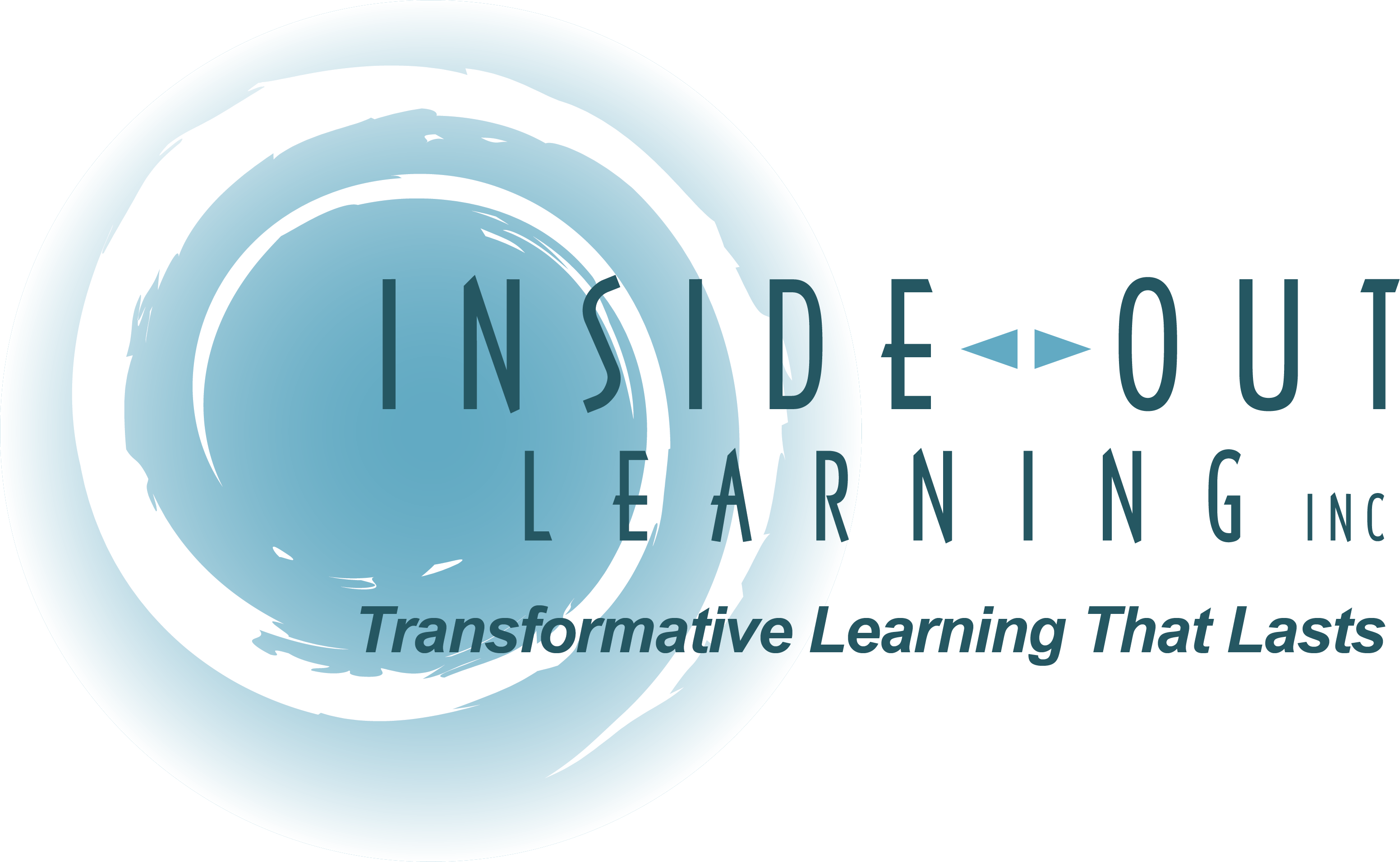The 4 Stages Of Working Through Transitions
The 4 Stages Of Working Through Transitions
Written by: WomensMedia, Contributor
How to handle transitions
Unsplash-linkedin-sales-solutions
By Homaira Kabir—
I’ve been thinking of transitions lately, and what they mean for our lives. Perhaps it’s because of the unprecedented collective transition we’re living through. Perhaps it’s because transitions are integral to women’s lives—every so many years we find ourselves needing to redefine ourselves in new ways.
Even though confusing, uncomfortable and sometimes disorienting, periods of transition hold the promise of something beautiful that can emerge. The problem is that they need us to be patient. The patience of a parent who cannot force the truth from a shy or fearful child. Or of a gardener who plants seeds knowing she cannot determine when they will blossom.
Many of us rush into something without waiting for some level of clarity about what we truly want. Action gives us a sense of control, and boy do we like control! The problem is that rushed decisions are usually driven by the external world—what is valued or rewarded by others or society. And we miss the opportunity to tap into our true potential.
If you’re going through a period of transition in your own life, or feeling unhappy about where you are, or having thoughts like “What do I want of my life?”, you have a much greater chance of arriving at the truth if you’re aware of the 4 stages of the creative process. They were first described in a book called The Art of Thought by social psychologist Graham Wallas.
Stage 1: Preparation
This is the conscious assessment of what’s working, what is not, and what you would like to be different. Here you are actively thinking, making lists, talking to people, and collecting information.
Stage 2: Incubation
This is the stage of discomfort because we’re handing the reins over to our subconscious mind. We need patience and faith as it works through the information collected in stage 1, and all the other information it has silently been collecting over the years.
To not rush this stage, you can distract yourself with tasks that give you a much needed sense of control. Nothing too huge, perhaps sorting the cupboards, organizing your desk or your garage, depending on how deep your questions are.
Stage 3: Illumination
This is that flash of insight that happens when ideas are given a chance to float freely in the sub-conscious mind. You cannot will your aha-moment any more than you can use reason and logic to arrive at your answer. I have seen so many people try to arrive at their answer through pros and cons lists. They either get stuck in paralysis by analysis. Or they force an answer and keep going back in unending loops of regrets and justification.
Stage 4: Verification
The work is not over yet. The subconscious mind rarely gives us a fully formed idea with a plan, and those who expect that level of clarity could be kept waiting a very long time. Perhaps forever. It’s now the job of the conscious mind to take charge again. It has to test the idea, to formulate a plan, and to start experimenting in order to refine the plan.
This is the process of “begin before you’re ready” that many of us can struggle with. We keep planning and tweaking and controlling until everything is perfect—and perfection, we all know is a mirage. Even if we do find the courage to take our ideas into the world, we struggle with feedback because we never prepared ourselves for failure.
What we need is confidence—trust in ourselves that we’ll be able to deal with whatever comes our way. Sadly, most of us don’t have it. What we have is competence—the knowledge that we can succeed. And competence without confidence is where many competent and qualified women are stuck, proving themselves in jobs they have already earned.
Building confidence is inner work, and important work. Management consultant Peter Drucker wrote, “The 20th century was the era of management. The 21st century is the era of self-management.” Understanding, owning and appreciating the potential and limitations within ourselves is how we will be able to steward ourselves effectively in the complex and chaotic reality of our times.
Homaira Kabir is a confidence researcher and women’s leadership development coach. You can register for her free confidence building class here. Her new book Goodbye, Perfect will be released in 2023.
via Forbes – Leadership “https://ift.tt/NKv9YtF”
March 11, 2022 at 01:42PM
